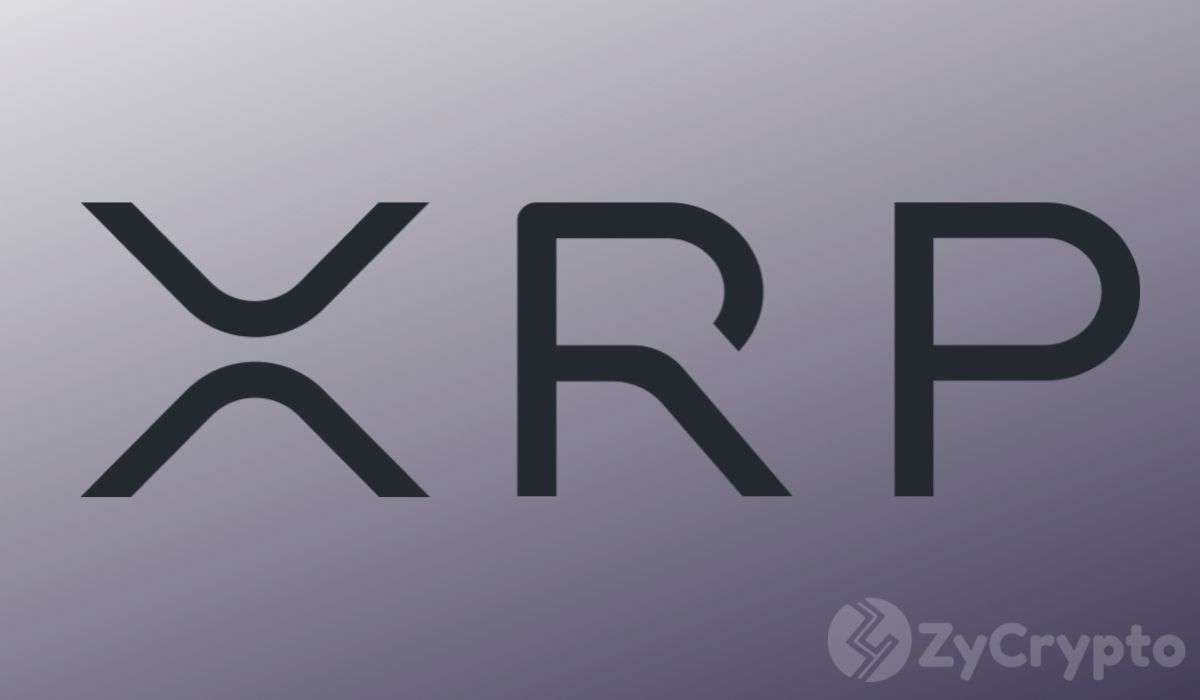ARTICLE AD BOX

David Schwartz, Ripple’s Chief Technology Officer, has taken to X to address concerns about XRP, the company’s native coin, having a possible issuer.
While XRP is considered decentralized, Ripple Labs is a major holder of XRP; as such, the network’s influence has sparked a longstanding debate on decentralization.
One X user quizzed the Ripple CTO on why Brad Garlinghouse, the digital payment network’s chief executive officer, was the face of XRP and Ripple.
In response, Schwartz asserted that although Garlinghouse holds the position of the firm’s CEO, its native coin XRP has no issuer. He added that all existing XRP tokens were created at the same time as the launch of the Ripple ledger.
He further explained that XRPL, the decentralized public blockchain ledger, also known as the Ripple protocol, was not designed to foster network rivalry and that the ledger, which cannot allow for XRP distributions, only enables XRP withdrawals.
“Garlinghouse is the CEO of Ripple, a company. XRP has no issuer — all the XRP that will ever exist was created when the ledger was created.” He asserted, adding that “Unlike most other blockchains, XRPL has no rivalrous features, so the ledger itself can’t really do the initial distribution beyond letting anyone who wants to take as much XRP as they want.”
The Ripple official tackled transparency concerns and urged the critics to interrogate their need for decentralization.
He asked concerned users to highlight their worries and outline the measures to prevent these potential security risks. “That will allow you to think usefully about how decentralized something is without getting bogged down in definitions.” He concluded.
While the Ripple CTO did not directly state that the Ripple network was centralized or decentralized, his notation of the presence of an identifiable leadership team does not convey that centralized governance is in play.
.png)
 1 month ago
4
1 month ago
4








 English (US)
English (US)